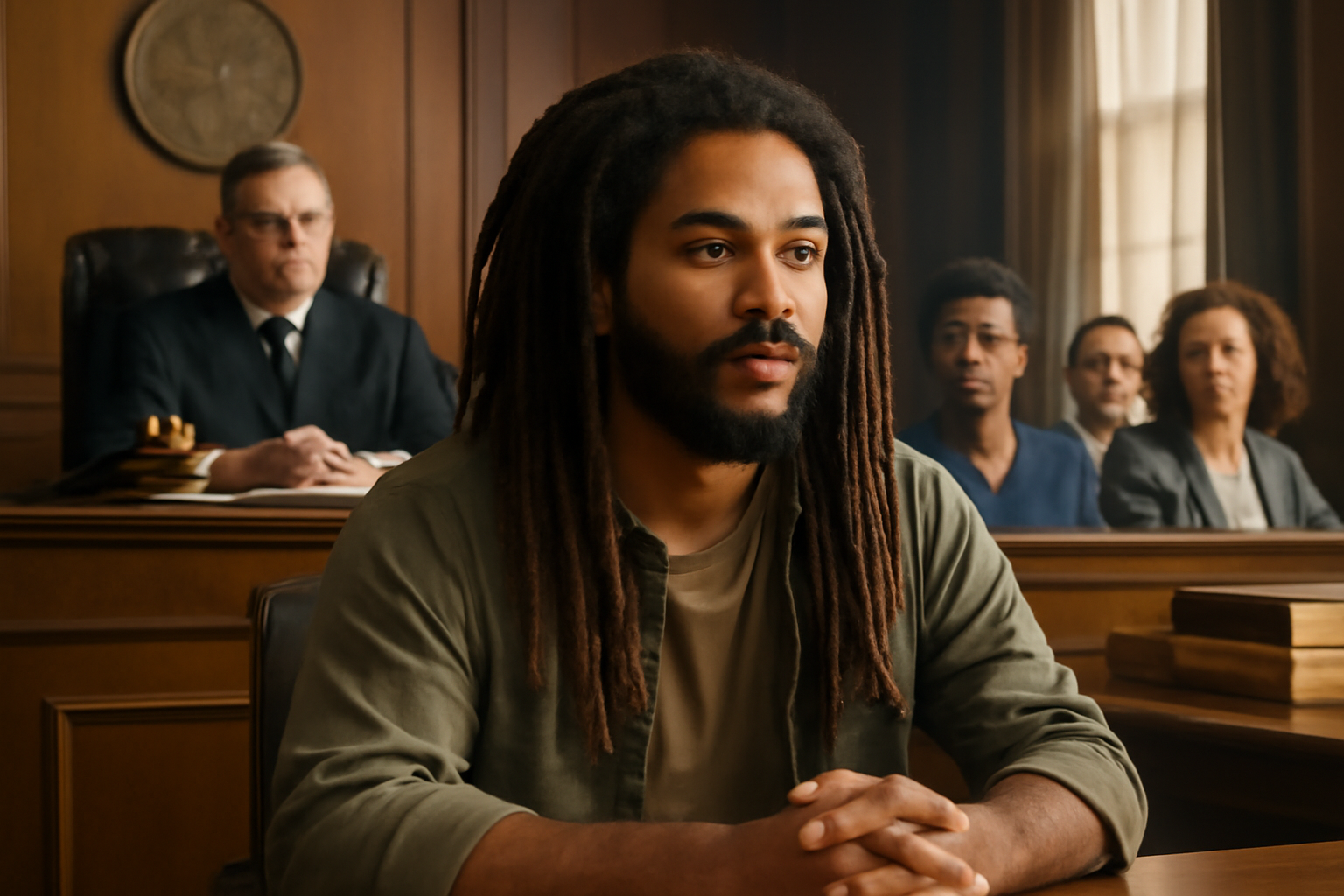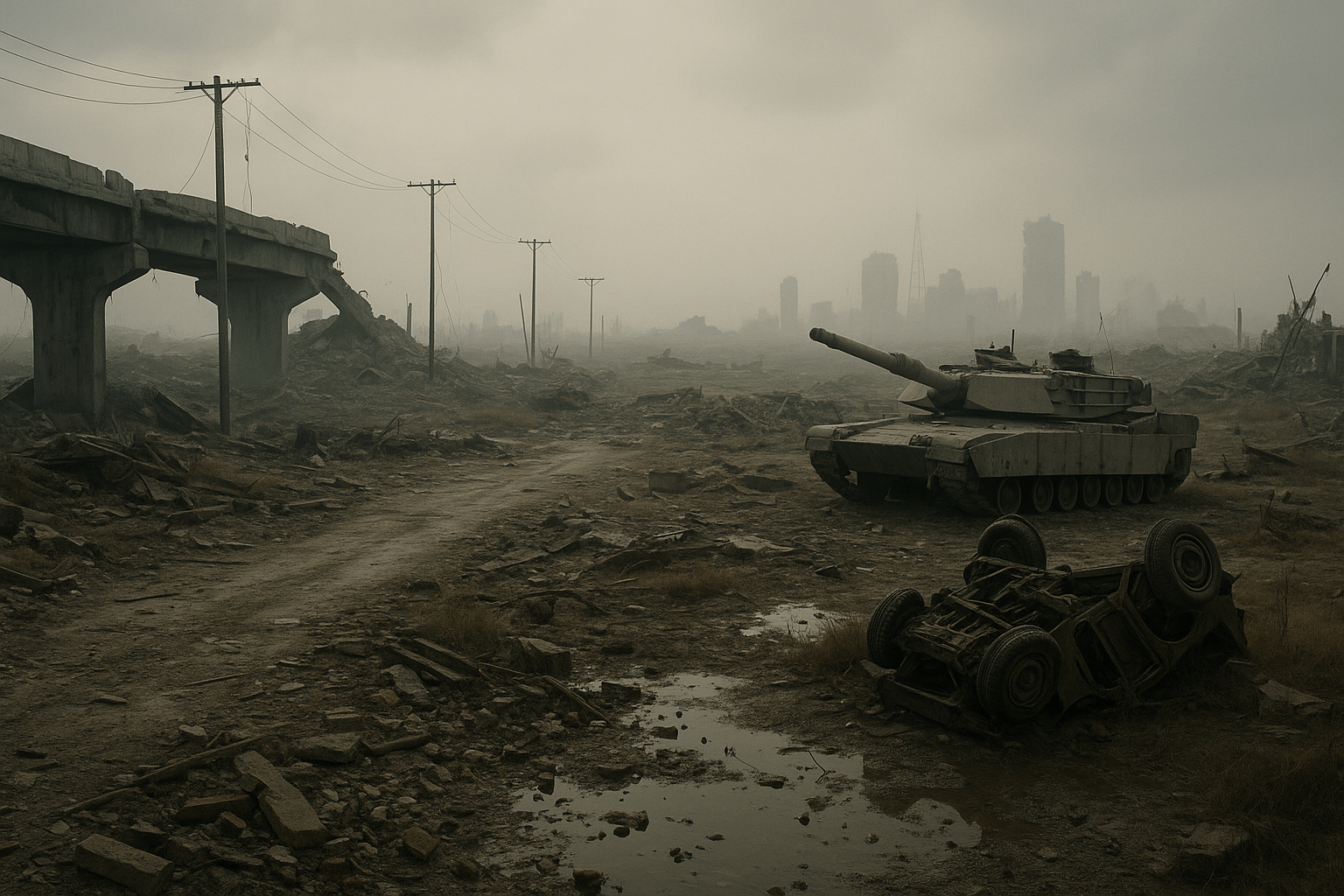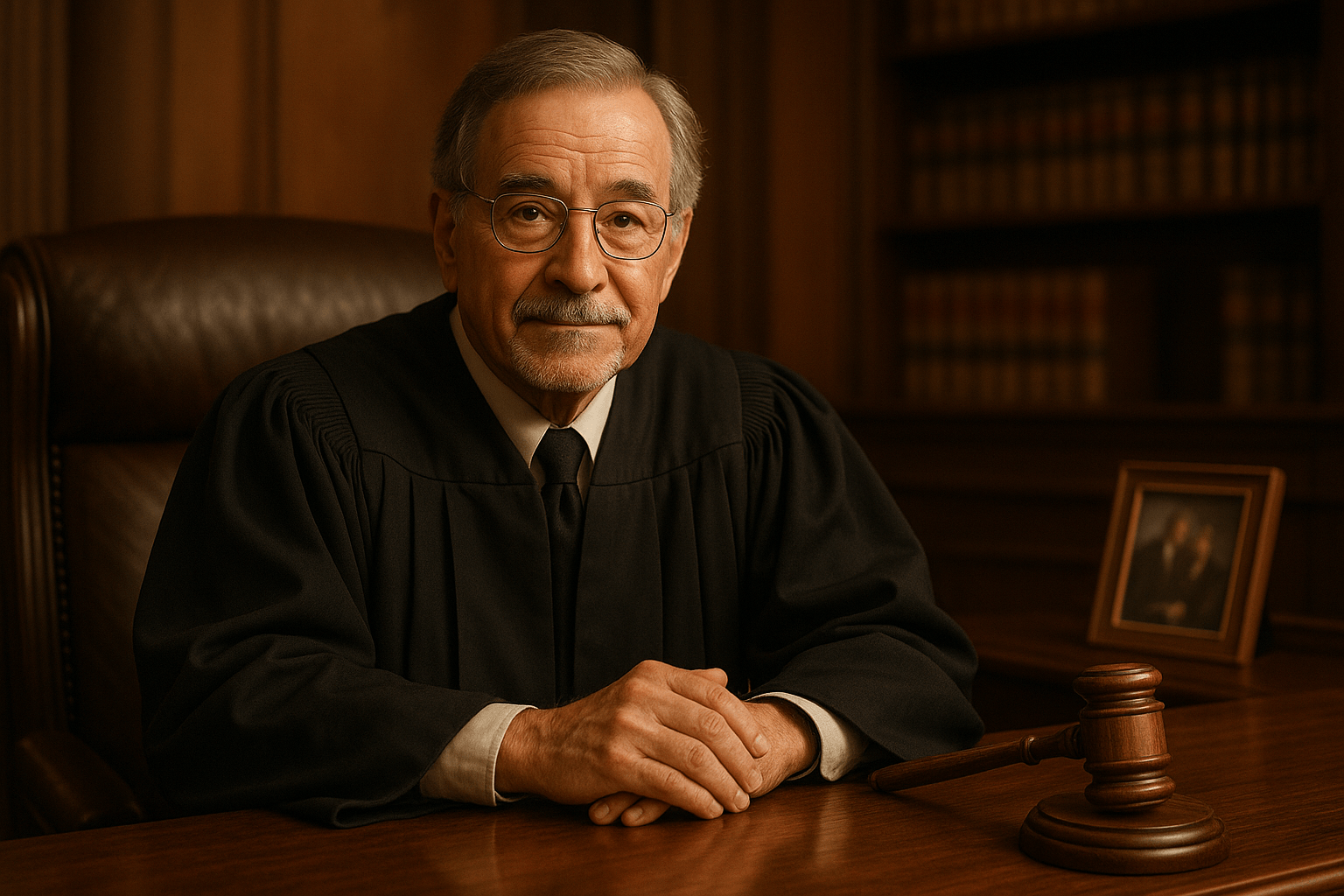Damon Landor, Religious Rights, and the Supreme Court: The Story Behind the RLUIPA Case
When the intersection of personal faith and the law comes into focus, the results can reshape how religious freedom is protected in America. One such story is that of Damon Landor, a Rastafarian man who claims his religious rights were violated when prison staff forcibly cut his dreadlocks. His case has reached the Supreme Court, raising broader questions about religious liberty, the rights of inmates, and an important but sometimes overlooked federal law: the Religious Land Use and Institutionalized Persons Act (RLUIPA).
Who Is Damon Landor?
Damon Landor is a practicing Rastafarian, a faith that holds spiritual and cultural significance in wearing dreadlocks. For Rastafarians, dreadlocks symbolize a divine covenant and reflect their religious commitment. While serving time in a Louisiana prison, Landor alleges that prison officials forcibly cut his dreadlocks—directly contravening his faith and spiritual identity.
Why Is This Case Important?
The cutting of Landor’s dreadlocks is more than a grooming dispute; it’s about the extent of religious freedom behind prison walls. The legal arguments revolve around a pivotal federal law: the Religious Land Use and Institutionalized Persons Act (RLUIPA) enacted in 2000. RLUIPA protects religious observance in two contexts:
- Land use: when religious institutions face zoning restrictions
- Institutionalized persons: chiefly prisoners, protecting their right to exercise religion unless there is a compelling government interest
Understanding RLUIPA
RLUIPA is designed to ensure that government agencies—including prisons—cannot impose a “substantial burden” on religious exercise unless they can show a compelling reason and that the policy is the least restrictive means available. In Landor’s situation, the core issue is whether cutting his dreadlocks was justified or an avoidable and unnecessary intrusion.
“The right of inmates to practice their faith is not absolute, but it is protected,” says ACLU attorney Daniel Mach. “RLUIPA was intended to ensure only genuine, compelling reasons could infringe upon that freedom.”
Rastafarian Beliefs and Dreadlocks: More Than a Style
For many unfamiliar with Rastafarianism, dreadlocks might seem like a personal style choice, yet they hold deep religious significance. The practice is rooted in the biblical Nazarite vow, which includes refraining from cutting one’s hair. To a Rastafarian, being forced to cut dreadlocks is akin to violating a sacred covenant with God. Explore more about Rastafarian beliefs and symbols for further insight.
The Legal Battle: Questions Before the Supreme Court
The Supreme Court’s review of this case highlights several critical legal questions:
- Does the forced cutting of religiously significant hair create a “substantial burden” on religious practice under RLUIPA?
- Did prison officials have a compelling justification for their actions, like safety or order?
- Were there less restrictive alternatives available to balance security and religious observance?
The courts must weigh security needs, such as preventing the hiding of contraband, against fundamental rights enshrined in both the Constitution and federal law. Such cases are rare, but not unheard of, and their outcomes ripple out to affect people of all faiths within institutions nationwide.
How Does This Affect Religious Freedom Going Forward?
Many civil liberties advocates argue that a ruling in favor of Landor could set a powerful precedent, strengthening religious protections for all incarcerated individuals. Conversely, a ruling for the prison could give institutions broader leeway to restrict religious practices for safety or administrative reasons.
This case stands at the crossroads of two core American values: the protection of individual rights and the maintenance of institutional order. Each decision in this space redefines the boundaries for everyone—religious practitioners, prison officials, and society as a whole.
Diving Deeper: Why Should We Care?
Religious liberty is often thought of as an abstract right, but cases like this bring the issue into sharp relief. They challenge our laws and beliefs about what “free exercise” of faith means when personal liberty is restricted and set the tone for religious accommodation not just in prisons, but across schools, workplaces, and public life.
If you’re interested in where the Supreme Court stands on similar religious liberty claims, check out these resources:
- Oyez: Supreme Court Cases Involving Religious Liberty
- Legal overview of Religious Freedom
- Pew Research: Faith and the Supreme Court
Conclusion: Standing Up for Faith Behind Bars
Whatever the outcome, Damon Landor’s case invites us all to reconsider how far the government can go in limiting religious expression, even in its most challenging environments. Should a person’s core religious practices be sacrificed for institutional order? Or can we find a thoughtful balance, honoring both security and the deeply held convictions that define who we are and what we believe? The answer, in part, now lies in the hands of America’s highest court.
Stay tuned for updates on this important case and the evolving landscape of religious liberty in America. For in-depth legal analysis and news, visit the NBC News coverage on Damon Landor’s case.




